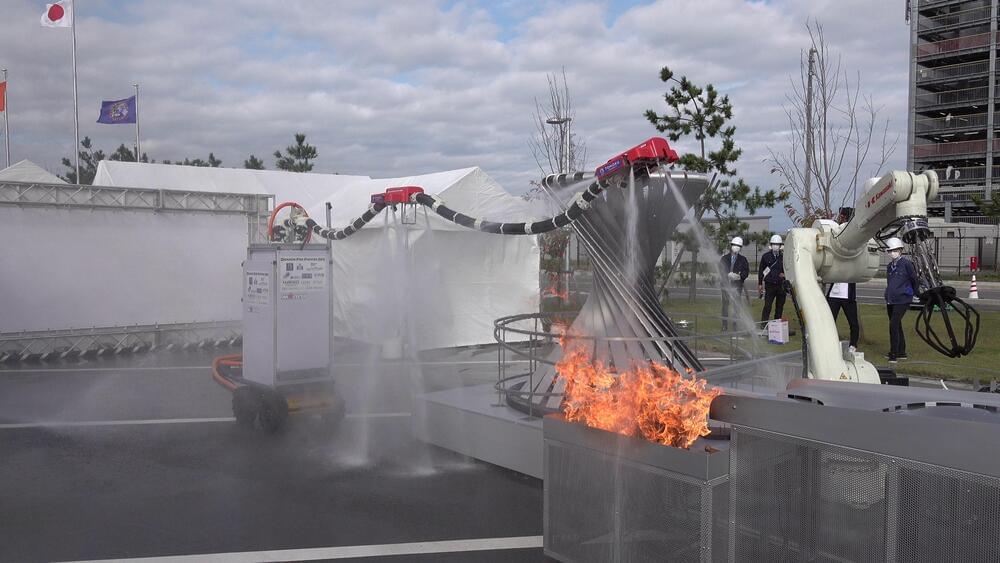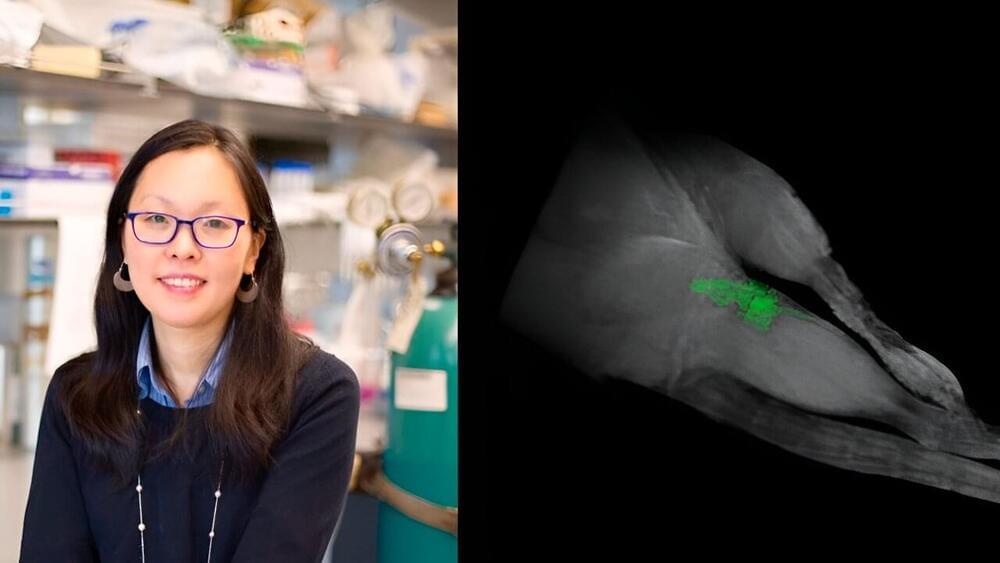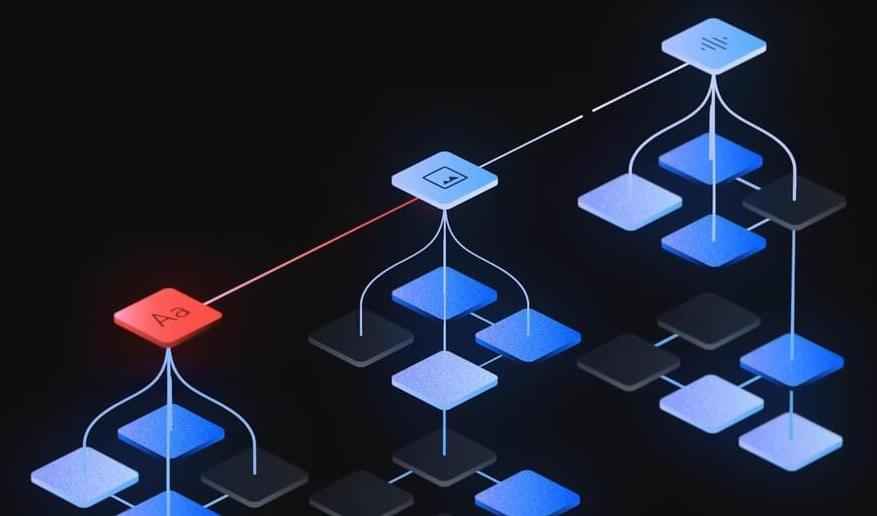Dec 22, 2023
“Flying dragon” robot harnesses the “crazy hose” effect to fight fires
Posted by Shailesh Prasad in categories: drones, robotics/AI
Japanese researchers have created and open-sourced a flying firefighting hose that levitates and steers itself to fight fires using its own water pressure as a two-part propulsion system, spraying water down onto fires and keeping operators safe.
The “flying dragon” system has two four-nozzle propulsion units built in – one at the end of the hose, one maybe 3 m (10 ft) back. Each of these can be thought of as something like a watery quadcopter – valves and swivels on each nozzle control flow and direction of thrust, allowing it to rise, balance and steer itself in the air the way a regular drone might … Well, two drones really, connected with a heavy rope and dragging a heavy tail.
Continue reading “‘Flying dragon’ robot harnesses the ‘crazy hose’ effect to fight fires” »


















